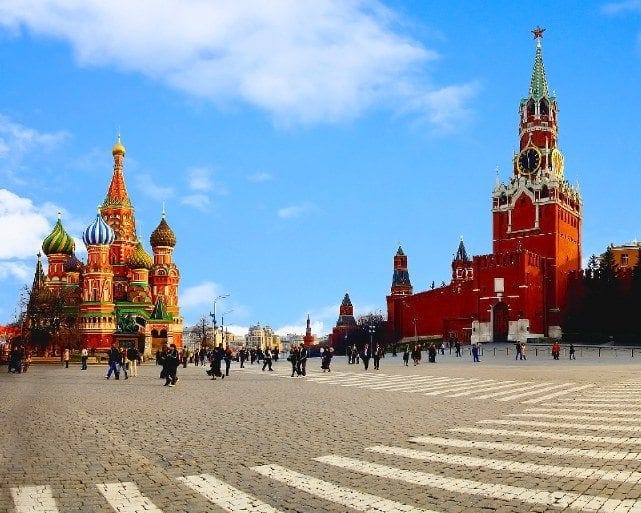🎧 Listen to This Article
Russia’s new tourist tax officially replaced the experimental resort fee as of January 1, 2025. However, according to the Federal Tax Service (FNS), this tax is not a direct successor, as its structure, administration, and payment mechanisms differ significantly.
In an interview with the journal Tax Policy and Practice (Налоговая политика и практика), Alexander Vodovozov, Deputy Head of the Corporate Taxation Department at the FNS of Russia, explained that the tourist tax is voluntarily adopted by municipalities, including the federal cities of Moscow, St. Petersburg, and Sevastopol, as well as the federal territory “Sirius”.
Over 8,000 Declarations Filed in First Tax Period
According to the FNS, over 8,000 tax declarations were submitted during the first reporting period, with a matching number of registered lodging facilities—the tax base for the tourist levy. Notably, around 75% of accommodations reported were rooms with a daily rate not exceeding RUB 10,000.
What Triggers the Tourist Tax?
Under current rules, the taxable event is the provision of temporary accommodation services to individuals in officially registered lodging facilities such as hotels and guesthouses, listed in the federal accommodation registry.
“The first thing taxpayers must check is whether their facility is included in the federal register,” Vodovozov emphasized.
Another critical condition is actual service provision. If a hotel is closed—for instance, during off-season periods—no declaration or tax payment is required for that time.
Key Differences from the Resort Fee
While the resort fee was a pilot project, the tourist tax is a full-fledged municipal tax with autonomous local implementation. Unlike the resort fee, which was typically a flat charge per night per person, the new tax mechanism integrates with broader tax compliance systems and is subject to standard tax reporting procedures via declarations.
The detailed framework is available in Tax Policy and Practice, Issue No. 7/2025.
Brief Analysis: A Step Toward Structured Local Taxation
The tourist tax reflects Russia’s move toward localized fiscal autonomy, allowing regions to generate revenue from tourism under federal guidelines. By integrating this levy into the tax declaration system, the government enhances transparency, while offering flexibility to municipalities. It also shifts the compliance responsibility to registered accommodation providers, reinforcing formalization in the hospitality sector.
For further details, clarification, contributions, or any concerns regarding this article, please get in touch with us at editorial@tax.news. We value your feedback and are committed to providing accurate and timely information. Please note that our privacy policy will handle all inquiries.



